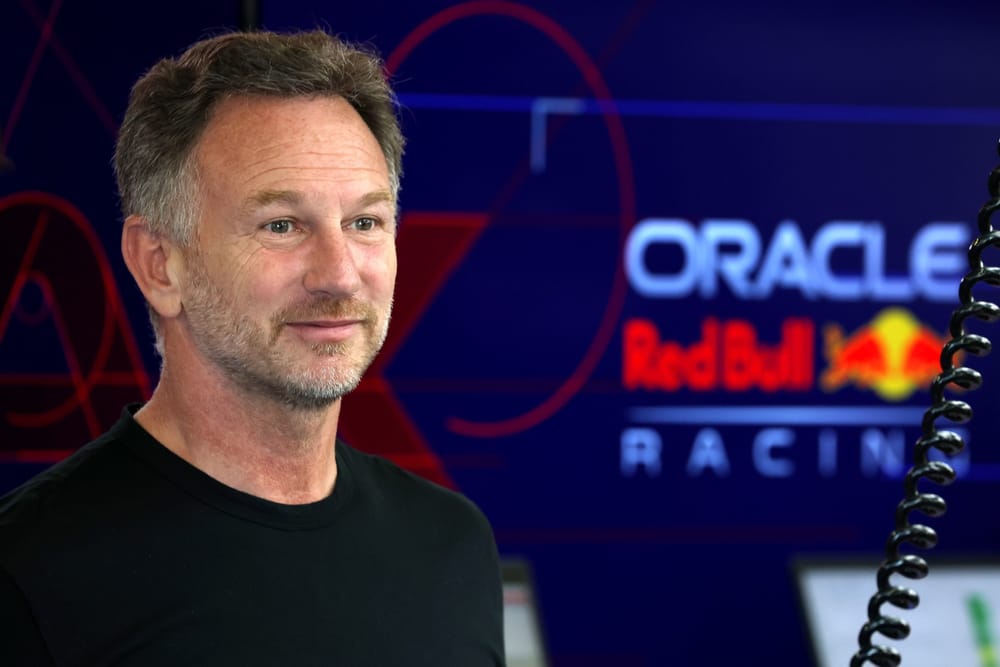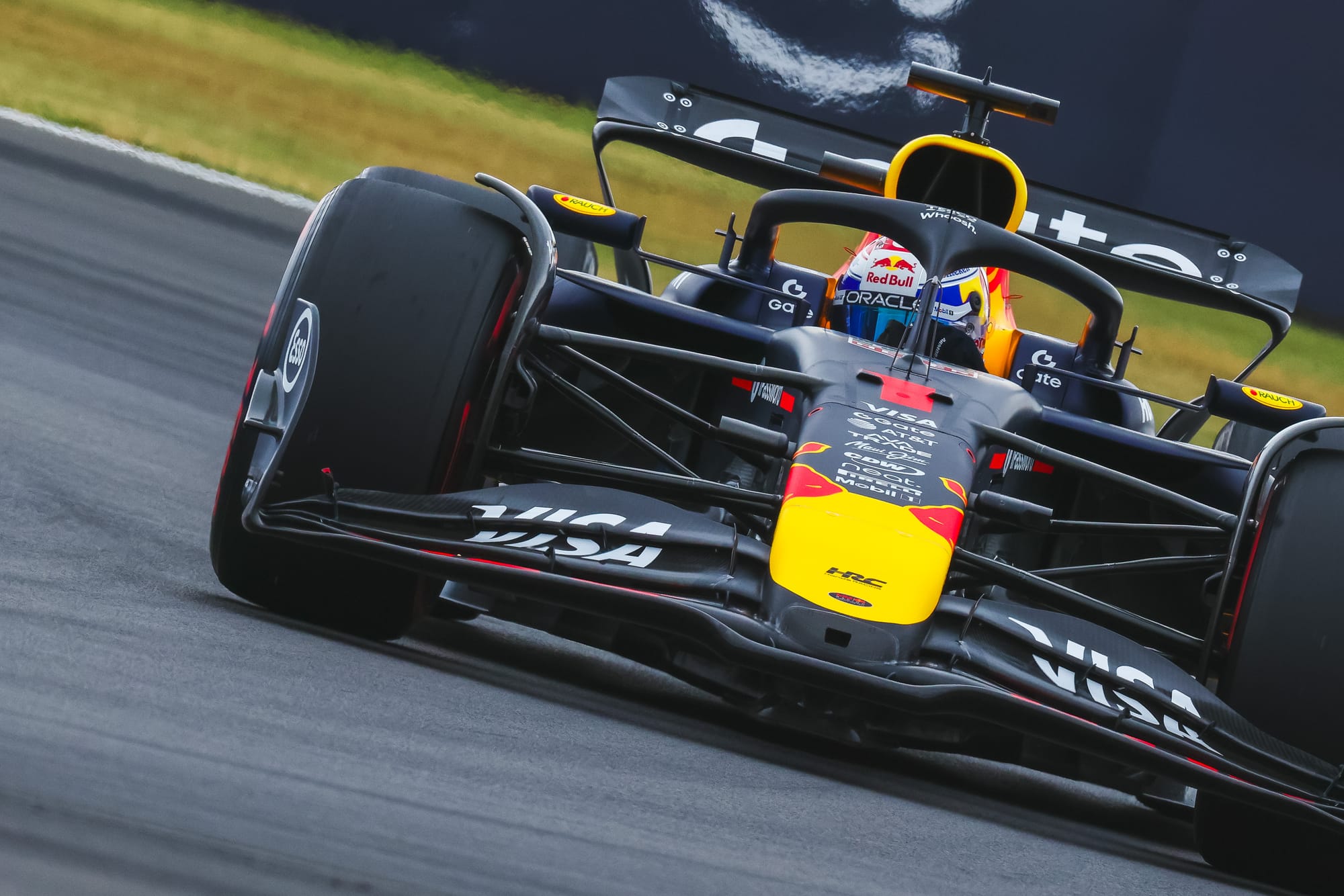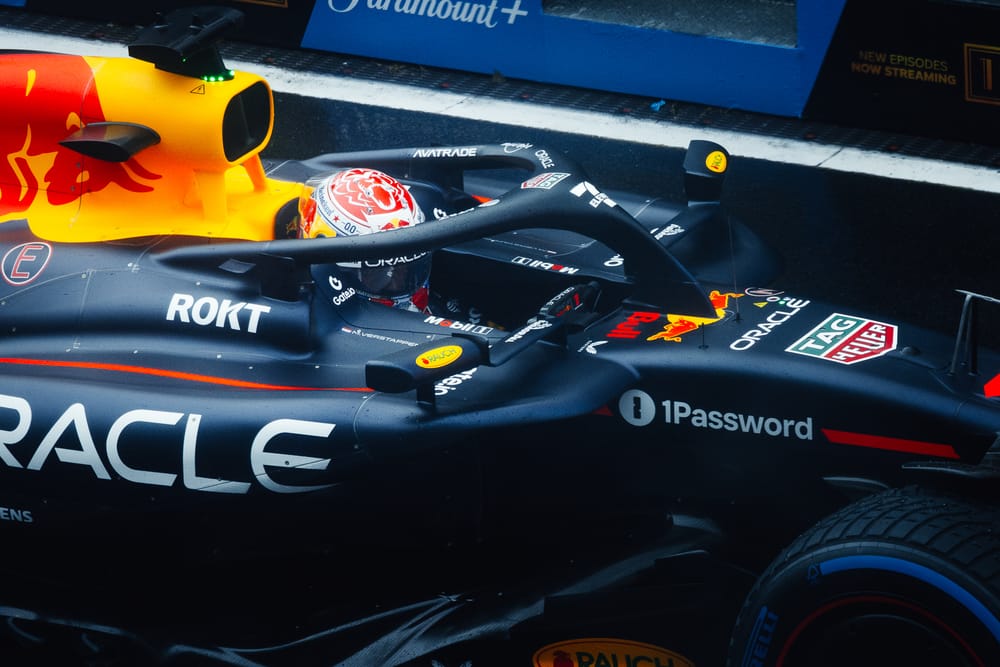As Red Bull heads to the first weekend in its Formula 1 history without team principal Christian Horner at the helm, the quest for answers about the trigger for the earthquake within the squad continues.
After more than 20 years in charge, and having delivered 124 F1 wins and 14 titles (six drivers’ and eight constructors’) in that time, Horner’s relieving of duties just 48 hours after Max Verstappen started from pole position for the British Grand Prix has still yet to be explained.
Neither Red Bull CEO Oliver Mintzlaff nor motorsport advisor Helmut Marko have spoken publicly about the matter, and sources suggest that even Horner himself has been offered no full and proper explanation for the reasons.
In the intervening time, there has been talk of unease on the factory floor about the sudden and unexplained nature of the change - with some revealing a team address by Marko, in which it was suggested they all just work 10% harder, went down like a lead balloon.
Sources also indicate that some sponsors (many of whom only found out the Horner exit news through the media) are also not happy with how things have unfolded within a squad that Horner was at the heart of.
And it is that latter element – about how central Horner was to all things at Red Bull – that appears to be at the core to what has unfolded.
Power and control
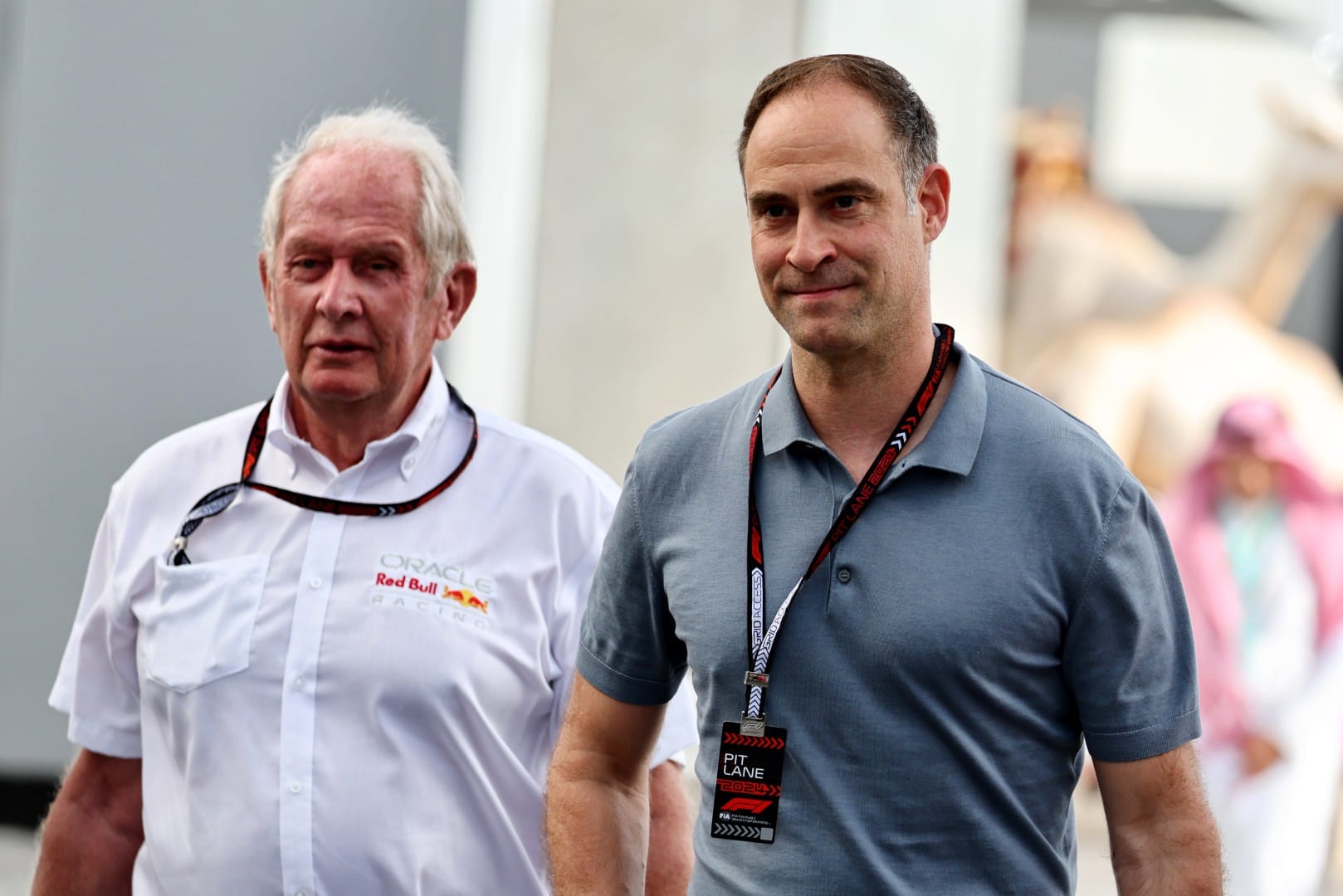
The best guess right now is that Mintzlaff and Marko moved for reasons of power and control; to turn a page and shape the team in their own vision rather than that of Horner’s.
The word is they did not like Red Bull being modelled as “Horner Racing”, and instead wanted it more to be back in the mould of the way Red Bull did things.
This theory is backed up by Red Bull’s move to also remove at the same time two of Horner’s key allies, chief marketing and commercial officer Oliver Hughes and director of communications Paul Smith.
But if this is truly what it is all about, then there is a fundamental flaw in the thinking because the very thing that Red Bull Austria did not like then - which is the total control Horner wanted to have with all aspects of the Red Bull operation - is what helped make the squad such a formidable force in F1.
History shows time and again in F1 that success is not driven by corporate boards making decisions about car upgrades, nor committees coming up with smart outcomes for strategies, nor what a team’s organisational flow chart says about who should be poached from a rival team.
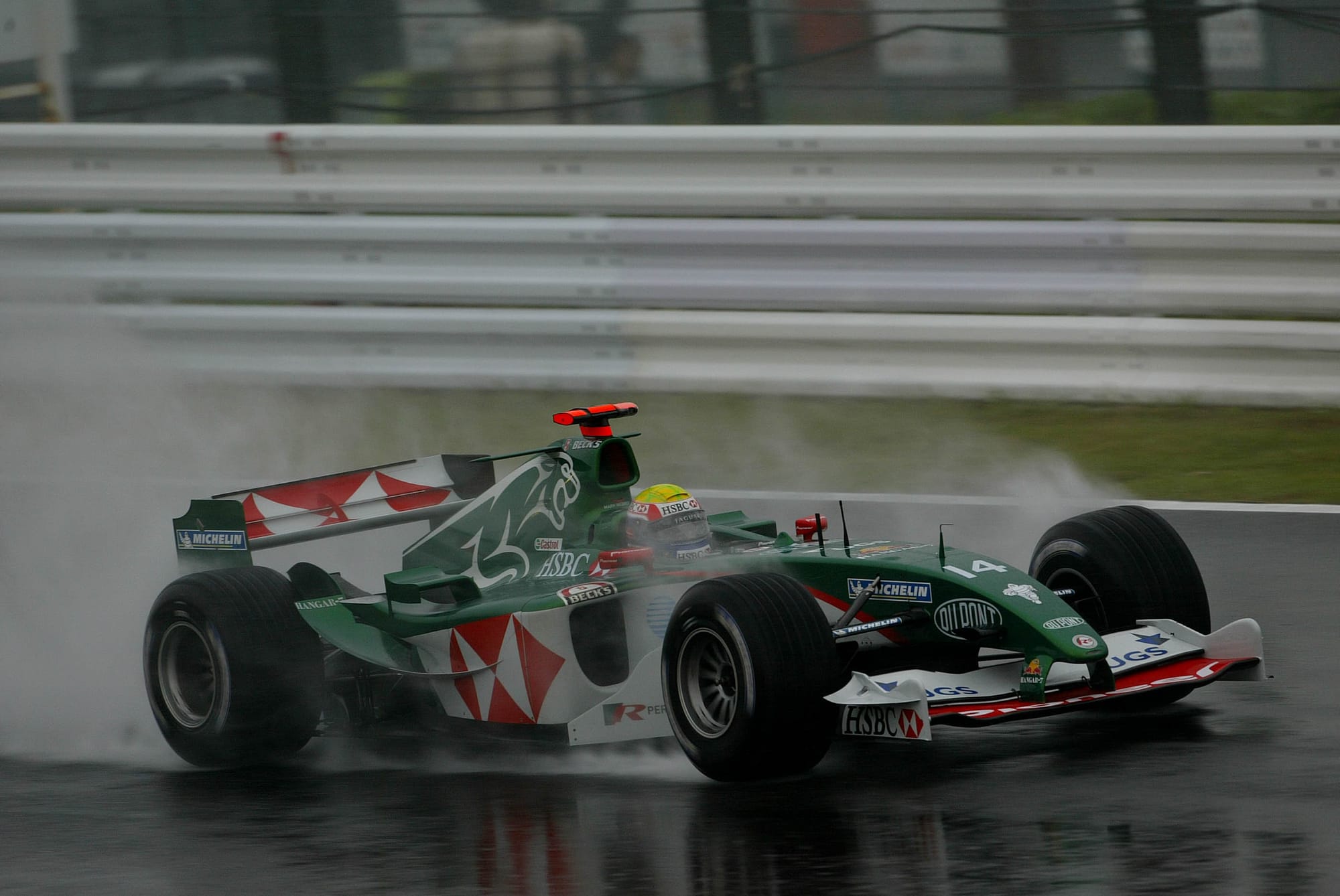
Instead, successful F1 teams have tended to be led by empowered individuals whose decisions are not having to be filtered all the time through line managers.
Strong team bosses fight tooth and nail to make every element of their racing team a success – even if decisions sometimes fly in the face of what the senior bosses want. Puppets don’t make winning leaders.
Think of the most successful team bosses of the modern F1 era: Jean Todt at Ferrari; Ron Dennis at McLaren; Frank Williams at Williams; Toto Wolff at Mercedes; and Horner at Red Bull.
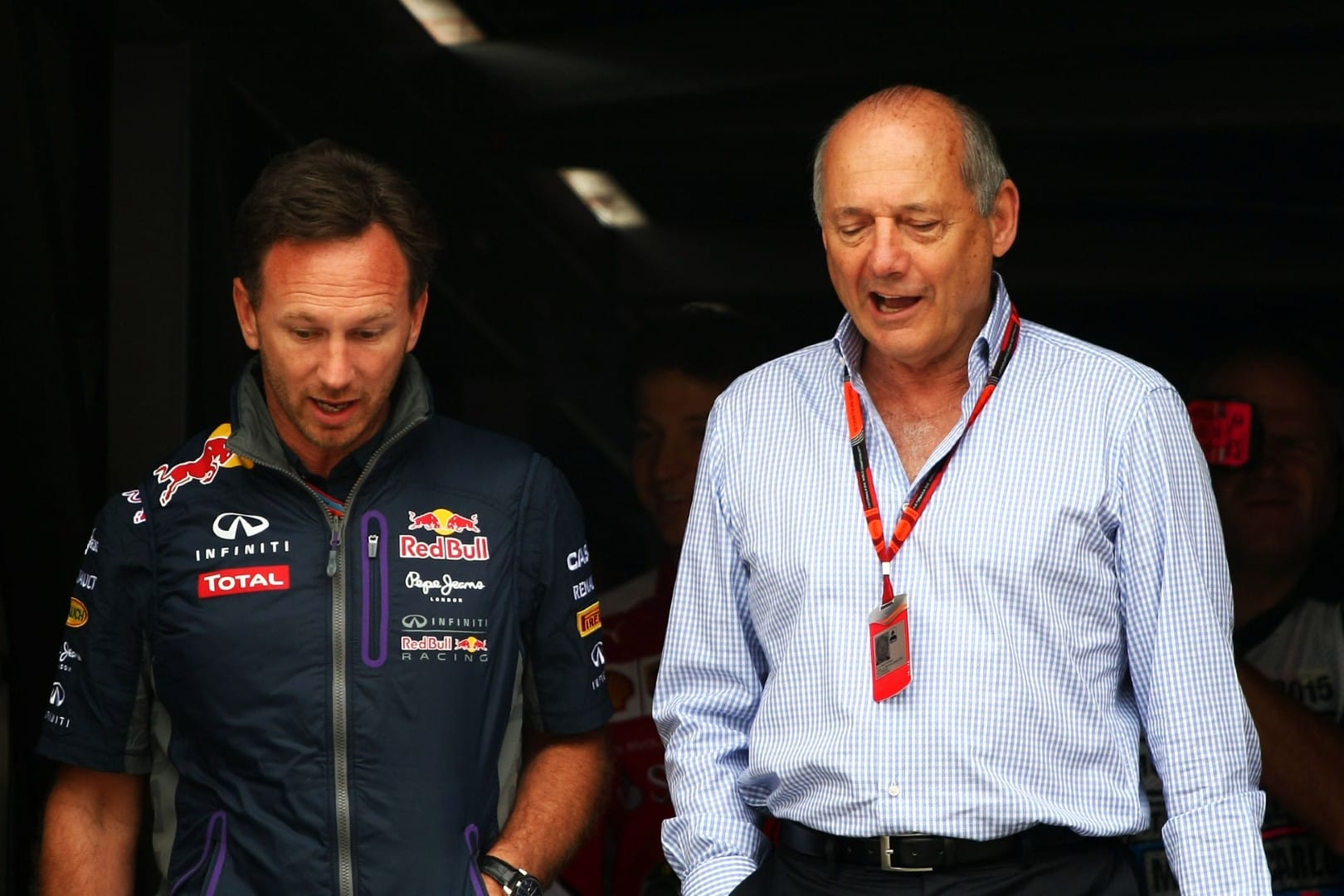
What they all have in common is that the buck stopped with them – and even those who had to report into others had total freedom to do what they felt was best.
As the famous David Ogilvy quote goes: “Search all the parks in all your cities; you’ll find no statues of committees.”
Red Bull’s desire, when it took over Jaguar, to shift away from a team run by committees and corporates and management gurus was the very reason Red Bull got Horner in in the first place.
Plus, founder Dietrich Mateschitz knew that just leaving Horner to get on with it with minimal interference was the best route to success.
The final say
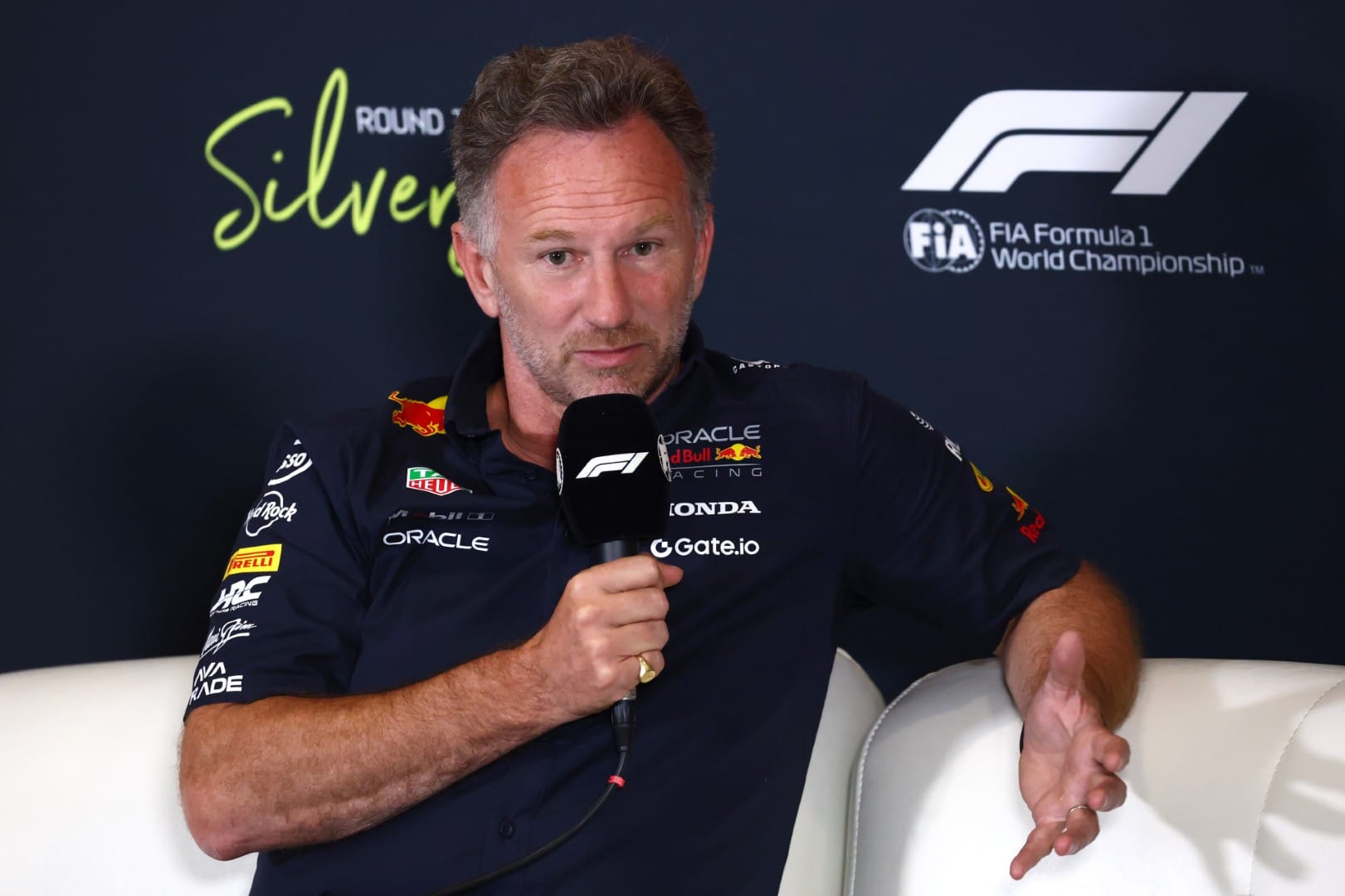
As Red Bull now enters its post-Horner era, it is unclear whether Mintzlaff views swapping out one team boss for another as a simple act akin to a football club changing managers but keeping the role itself intact, or whether the shift is more about diluting power and putting more control back in the hands of Austria.
In Mekies, Red Bull has someone highly rated and who has vast experience of the inner workings of the paddock and teams through his previous stints at Minardi, Toro Rosso, the FIA, Ferrari and Racing Bulls.
His qualities were such that it was Horner who appointed him at Racing Bulls in the first place as part of a push by Red Bull to restore the fortunes of its second team.
While there is no doubt Mekies has the qualities and the personality to plough his own furrow and change things in a way that will address some of Red Bull’s current shortcomings, the crunch factor in whether that can be achieved is how much authority Mekies will be granted.
Will there be total say across the key pillars of the organisation where Horner previously had control – Red Bull Racing, Red Bull Advanced Technology, Red Bull Marketing and Red Bull Powertrains?
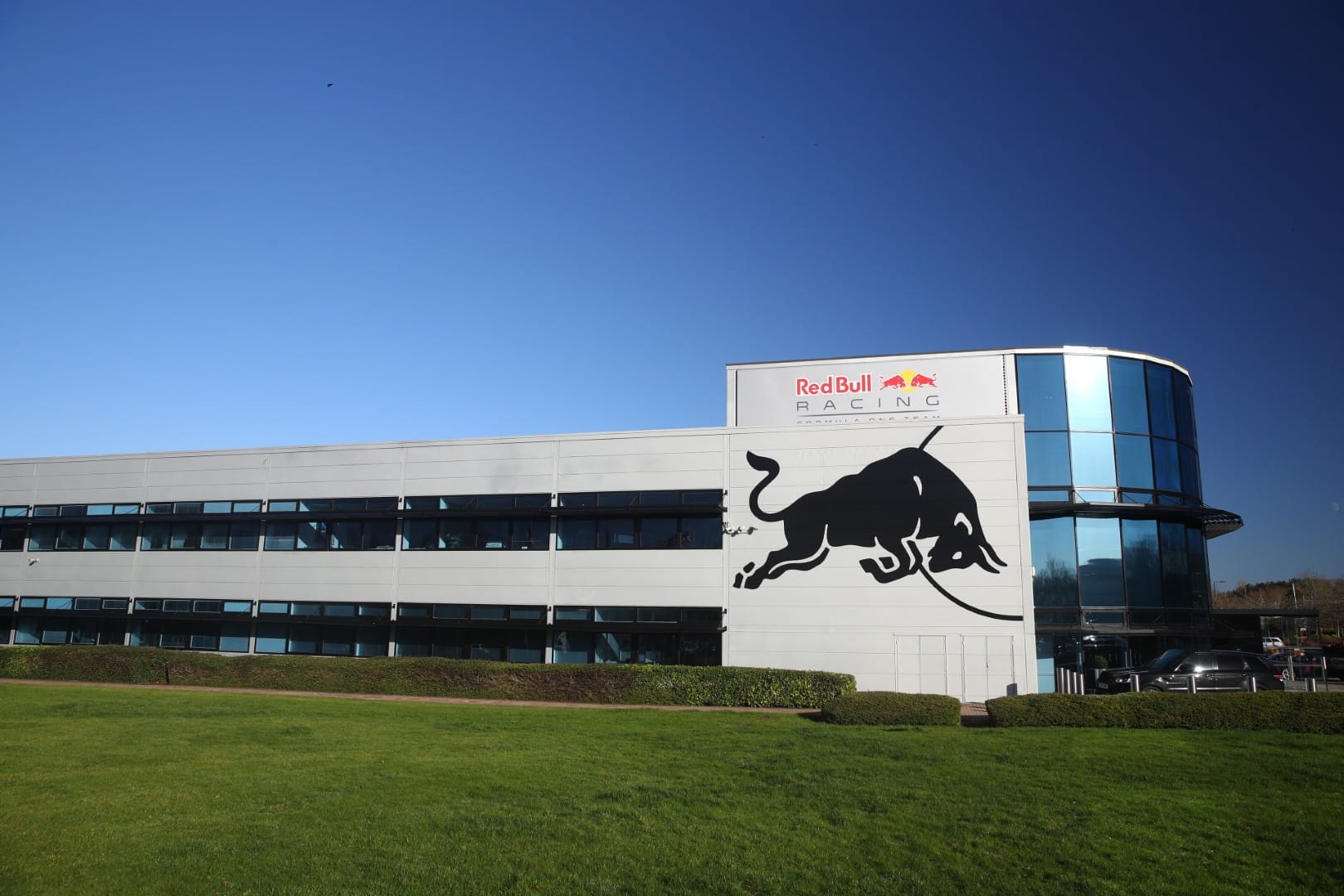
Or will the core departments be more separated with their own individual bosses - leaving Mekies in control of Red Bull Racing alone?
A division of leadership across Red Bull’s strands is something Horner was very against as he felt that the only way to deliver a successful F1 team was to have one leader across everything – whether that was for recruiting engine staff, helping to sign major sponsors or making calls on the pitwall.
Last year in an interview in his office at the Red Bull factory, Horner offered some insights into his management approach – and it was one very much based on a team boss being hands on with a nimble operation that has racing at its heart.
“I've always believed in running this team as a race team,” he told me. “So it has to be dynamic. It has to not be afraid of making decisions, sometimes difficult decisions.
“You're not going to get every decision right, but [that's OK] as long as you learn from the decisions that you get wrong.
“Our approach has always been to shoot for the stars and maybe land up on the moon, but never believe something is impossible. Use it as a motivation.”
The personal element
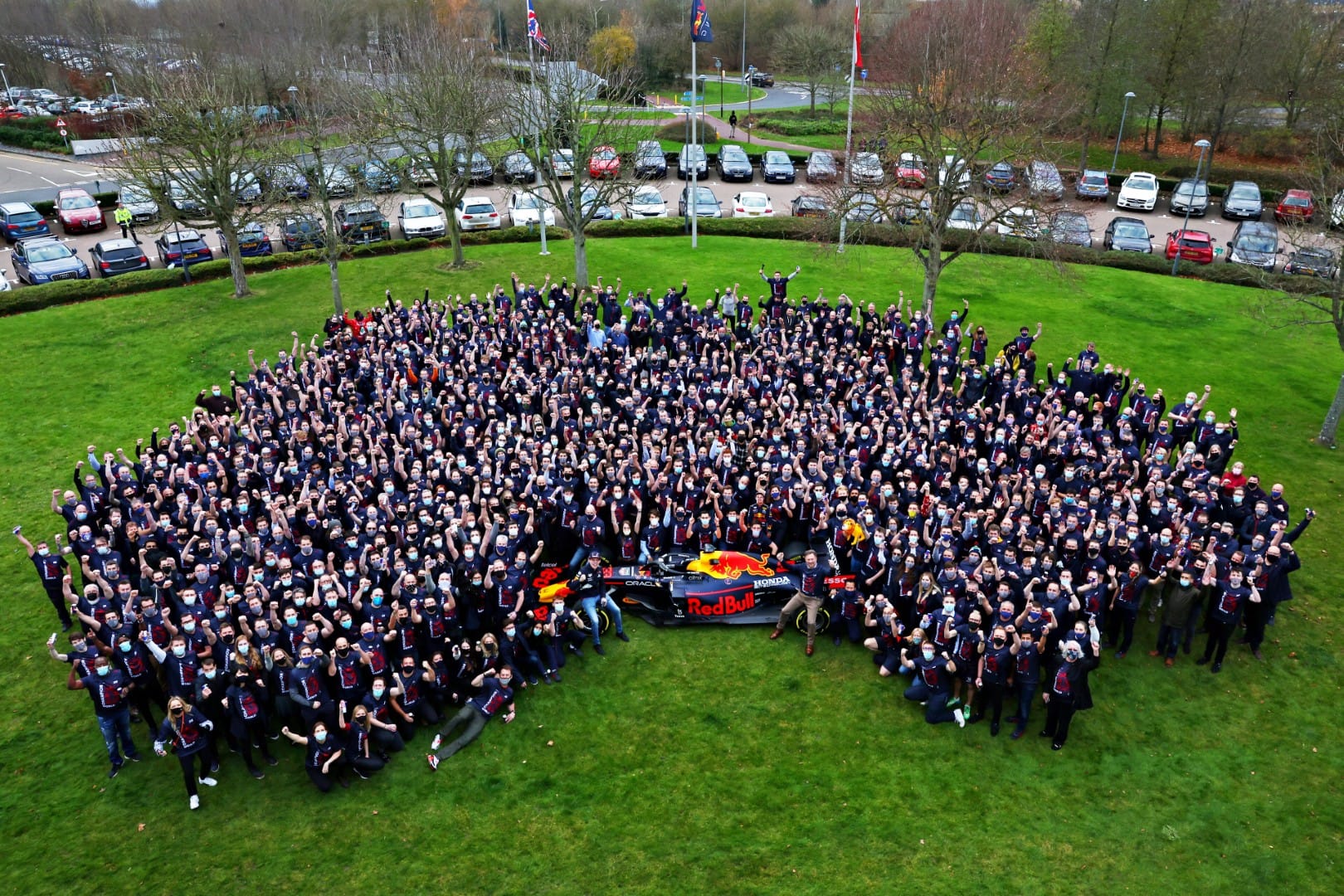
Success in F1 is very much about operating in fine margins and sometimes making calls that do not win you friends.
Championships are not decided by a popularity contest. Instead, they are about making calls with conviction that sometimes go against what other senior figures around you would like.
Horner faced numerous times where he felt he had to make critical decisions that those around him were pushing back against.
This included changing Red Bull’s overall sponsorship approach to F1 in bringing on board title partners in the early days; sometimes fast-tracking critical upgrades even if no spare parts meant there were risks.
Then there was also taking the Honda engine deal that McLaren did not want and some within Red Bull seriously doubted. Plus countless moments on the pitwall, like committing Max Verstappen to return to the grid rather than the pits after his reconnaissance lap off at the 2020 Hungarian Grand Prix.
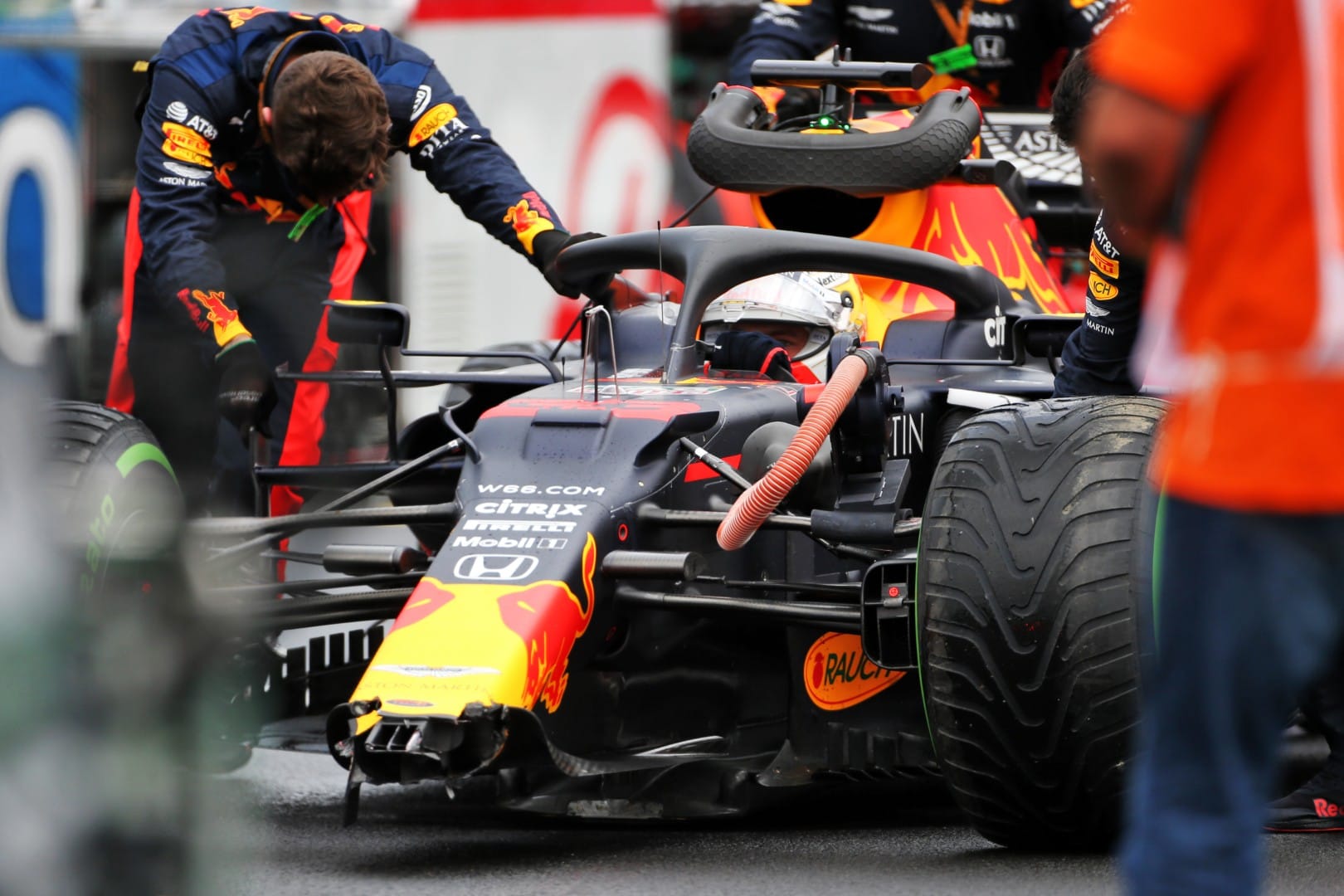
But there is another key aspect that is central to team success in F1 – and that is about team members being invested in the project and buying into a common dream together.
The team needs to be united, and the team principal and senior management play a critical role in this. So will a Red Bull team with more direct input from the Austrian company have that same family feel that Horner has helped establish inside Milton Keynes?
F1 is so much about being a people management business. The duty of a boss is not only to bring on board, and get working in harmony together, potentially awkward and conflicting personalities, but in looking after the staff to give them belief that their back is covered.
Horner may have rubbed some people up the wrong way over the years, and we must not take lightly the allegations made against him by a female employee last season - but he remained hugely popular within the factory walls.
He was very good, as one source said, of having the ability to make individuals think that everything was going to be OK.
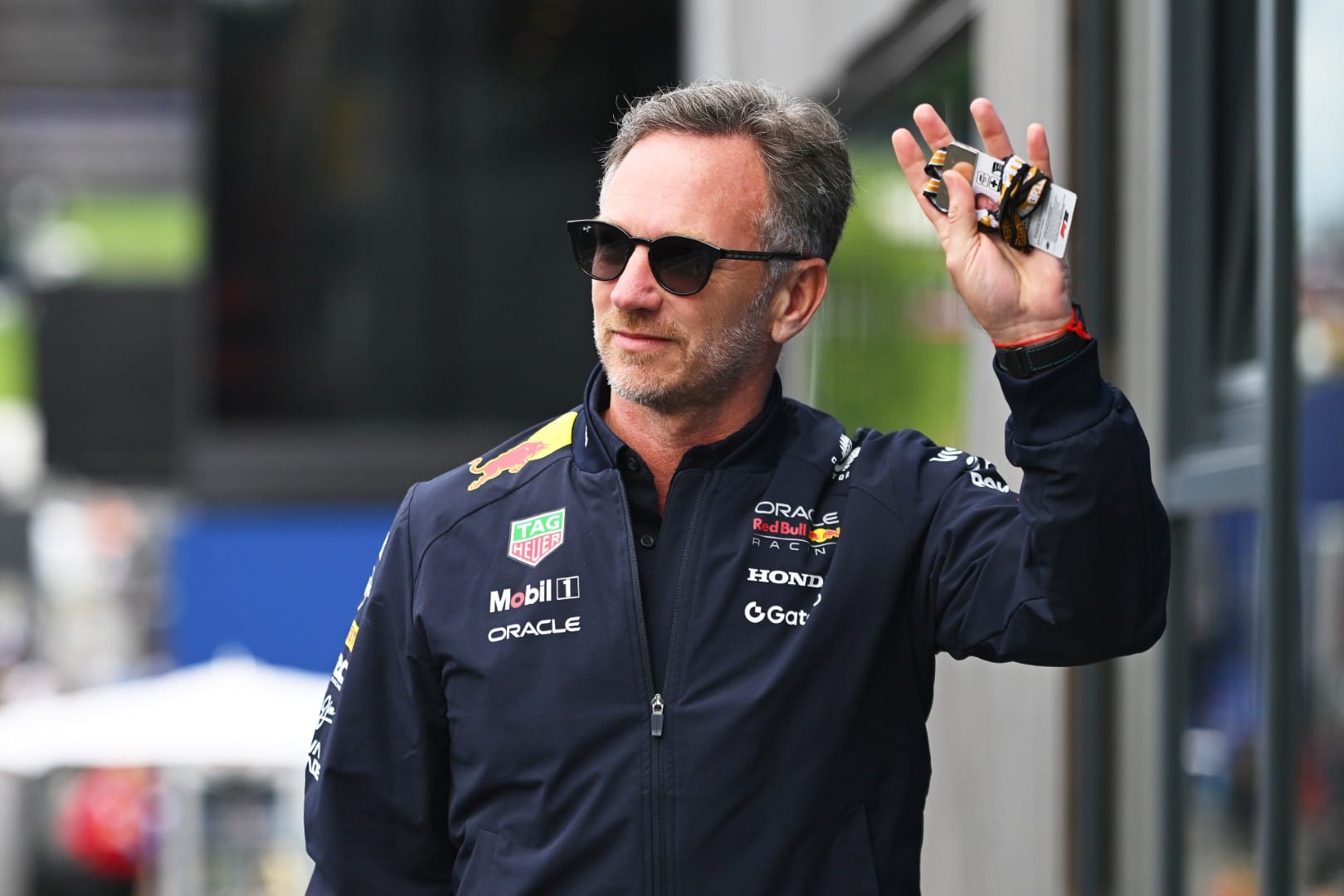
“At the end of the day, people are our biggest asset," Horner said. "It's not the buildings or the machines. If you don't have the right people in the right roles, you're going nowhere in this business. Toyota came into F1, they spent a fortune, and they never won a grand prix.
“Everybody has to be invested and passionate in the car and how that car performs - whether you're a van driver, whether you're a machinist, whether you're a designer, whether you're a buyer.
“It unites everybody when you win. It means that you've done your job better than the other nine teams, and it's the one thing that unifies and brings everybody together.”
Sure there has not been as much winning to unify everyone this year as in previous years, but Red Bull’s 2025 track record is certainly nothing to be ashamed of.
It is the only team other than McLaren to have won more than one race; and Max Verstappen’s tally of four pole positions is the same as championship leader Oscar Piastri has managed.
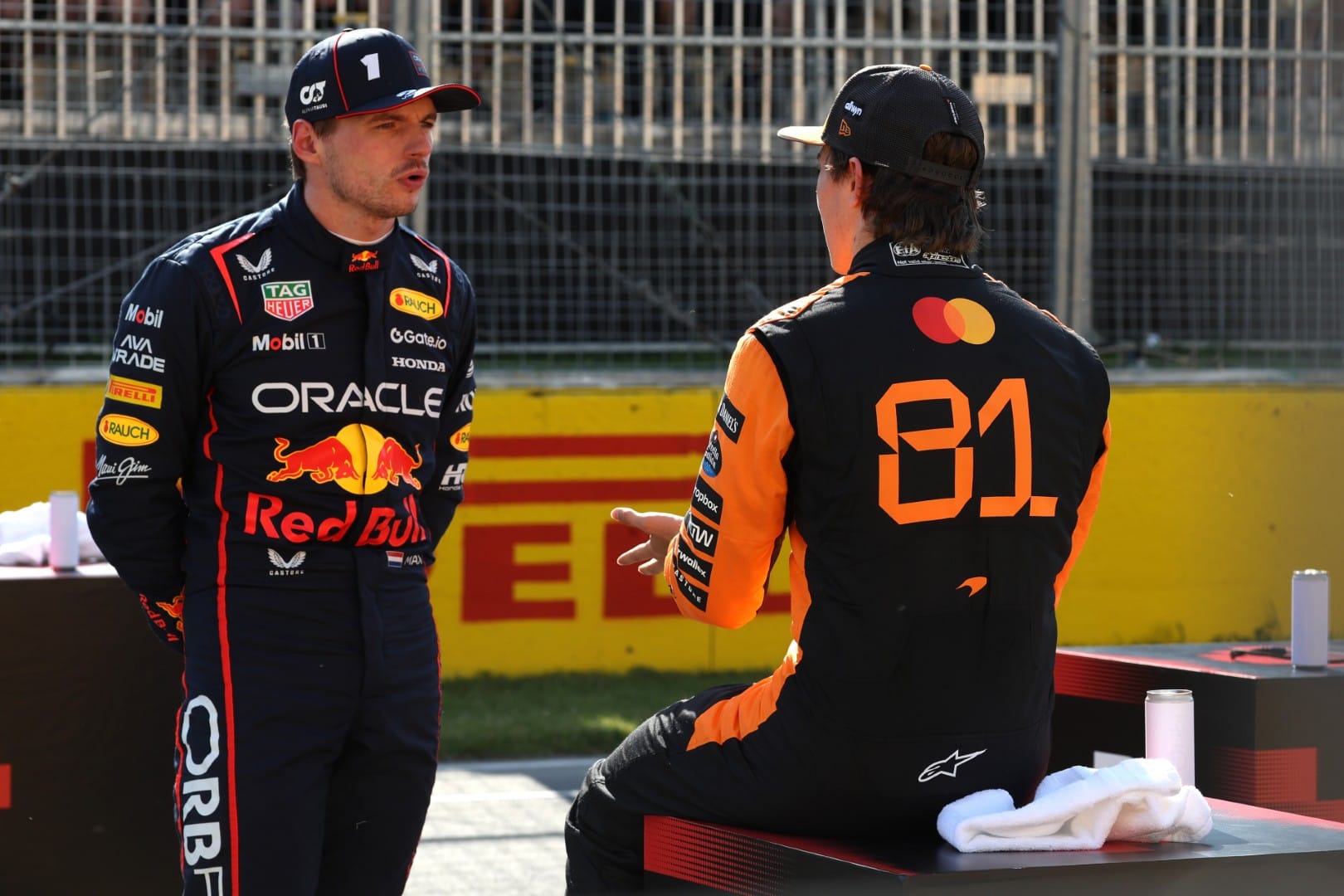
The giddy heights of 2023 and the start of 2024, where Red Bull won more often than not, in not the way things are right now, but current form is far from a disaster and it is better than other former champion teams.
As Mercedes boss Toto Wolff remarked recently, with his squad having just one win so far this year, F1 success is cyclical – where periods of success are followed by fallow spells.
“It comes in cycles,” he said. “Look at us. I'm not enjoying being in a phase that is the third year in a row that we are not fighting for a championship.
“We are not useless. We have really good weekends. We're winning races. It's respectable at times. And when it's not good, nobody is questioning, in a way, whether the top guy is doing a good job or not.”
The Verstappen factor
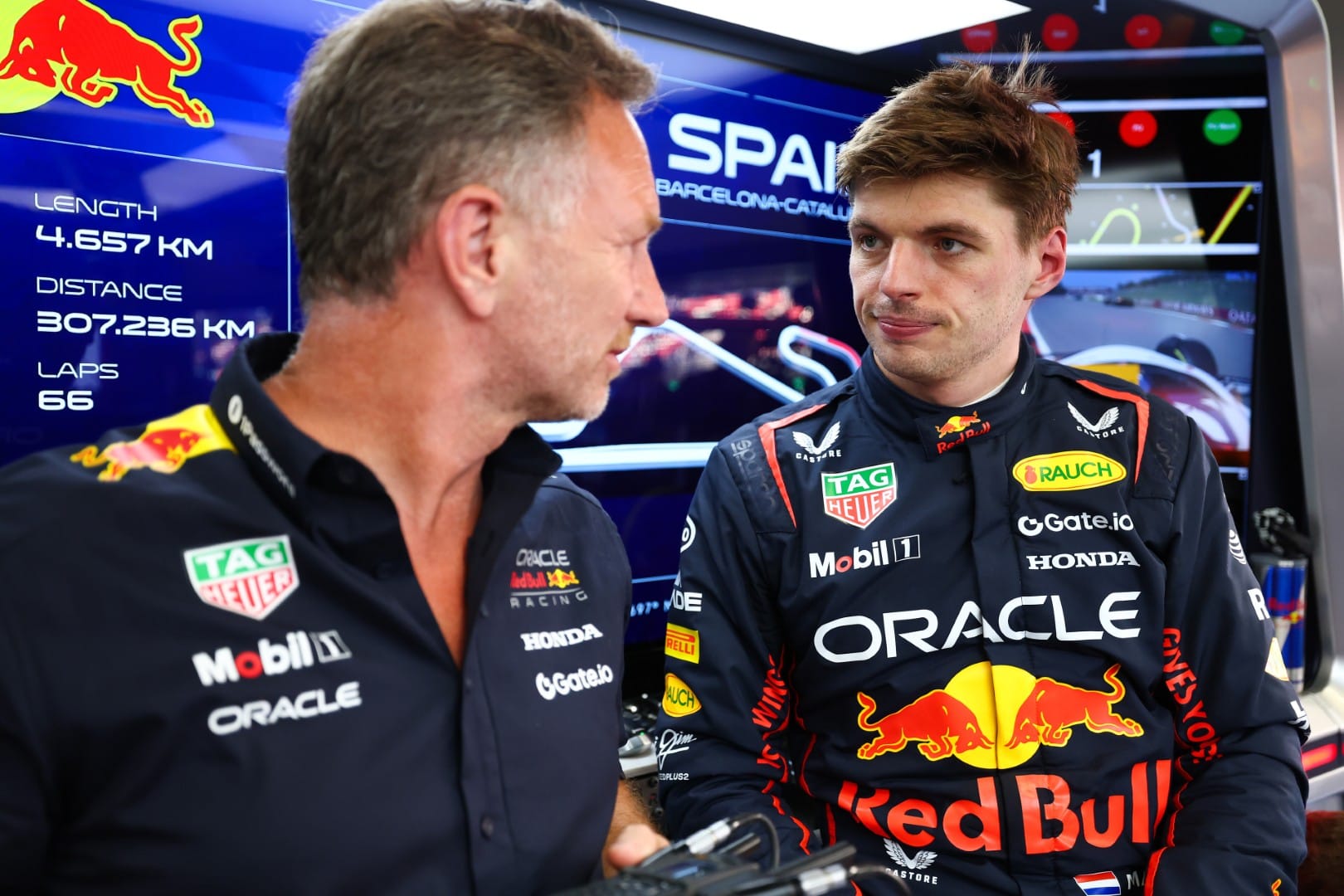
In recent weeks there had been doomsday scenarios mapped out of Red Bull facing a cliff edge fall off the precipice in the event Horner failed to keep Max Verstappen for the long haul.
A change at the top has not reduced this risk - with the challenge of securing the four-time champion’s long-term future remaining just as hard now.
The short-term target for Red Bull will be to secure the necessary points before the summer break that keep Verstappen in the top three of the drivers’ championship so a performance exit clause cannot be activated.
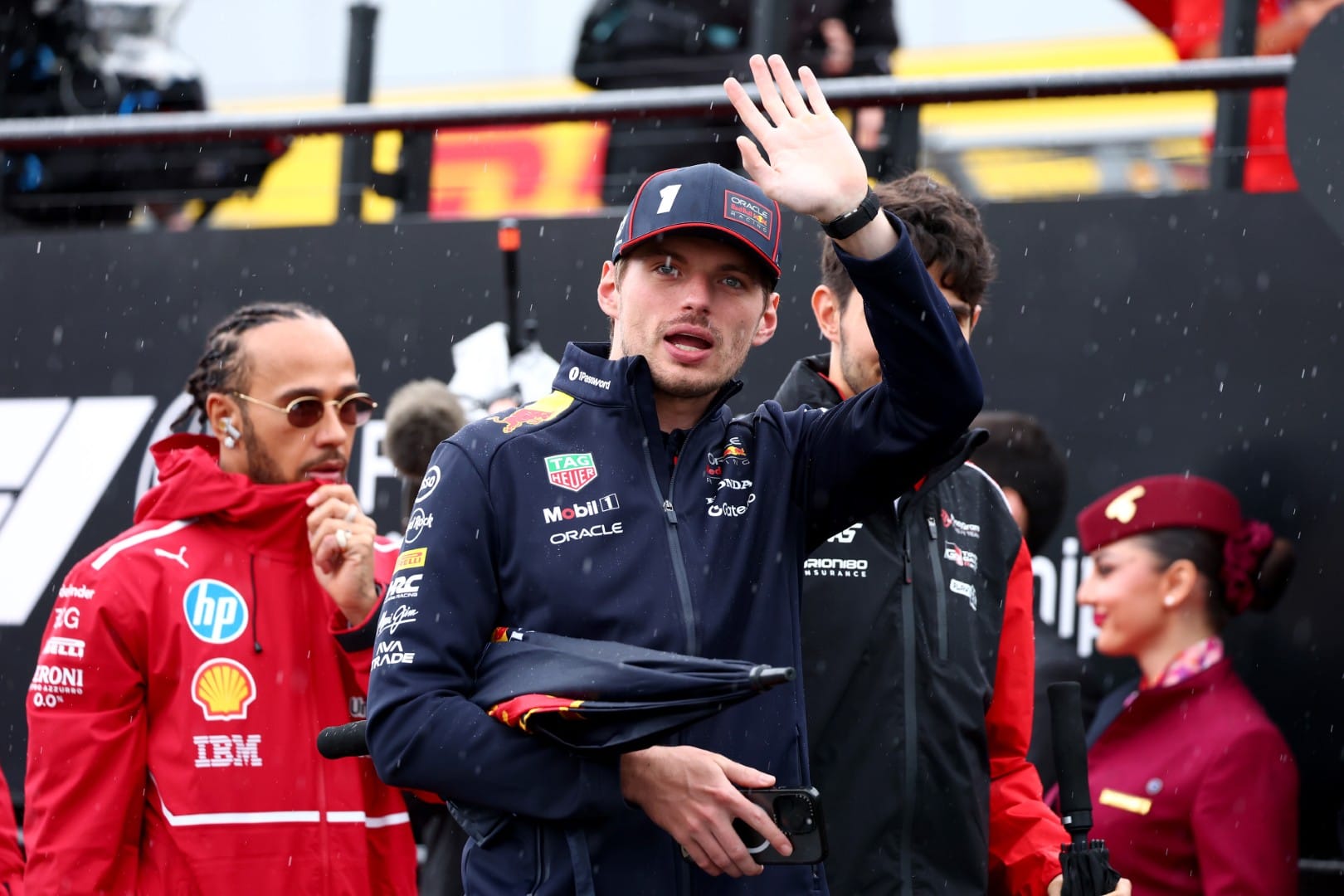
But even if, as seems likely, Verstappen stays for 2026 irrespective of how things shape up in Belgium and Hungary because moving for the start of the new rules set is too much of a gamble, the clock is ticking and there will be a bigger fight to keep hold of him for 2027.
It is understood that Verstappen’s performance clause next year leaves him a free agent if he is outside the top two of the drivers’ championship by the summer break.
So you can be sure that if Red Bull is struggling, and one team is not only well ahead but has a vacant spot for the following year, then change will be afoot for 2027.
And it is not an impossible scenario that if Horner does return to a senior management role somewhere – and ends up in a place like Ferrari, Alpine or Aston Martin that starts the new rules era on the front foot – then he could be the one doing the bidding to lure Verstappen away. Imagine the irony of that.
For while Verstappen’s father Jos is known not to be a big fan of Horner, the driver himself is understood to have no issue working with Horner – and has always been consistent that the only thing he ultimately cares about is having the fastest car underneath him.
Performance ultimately dictates everything, and Red Bull’s delivery of that will decide both the fate of Verstappen and therefore the long-term trajectory of the team.
The roadmap
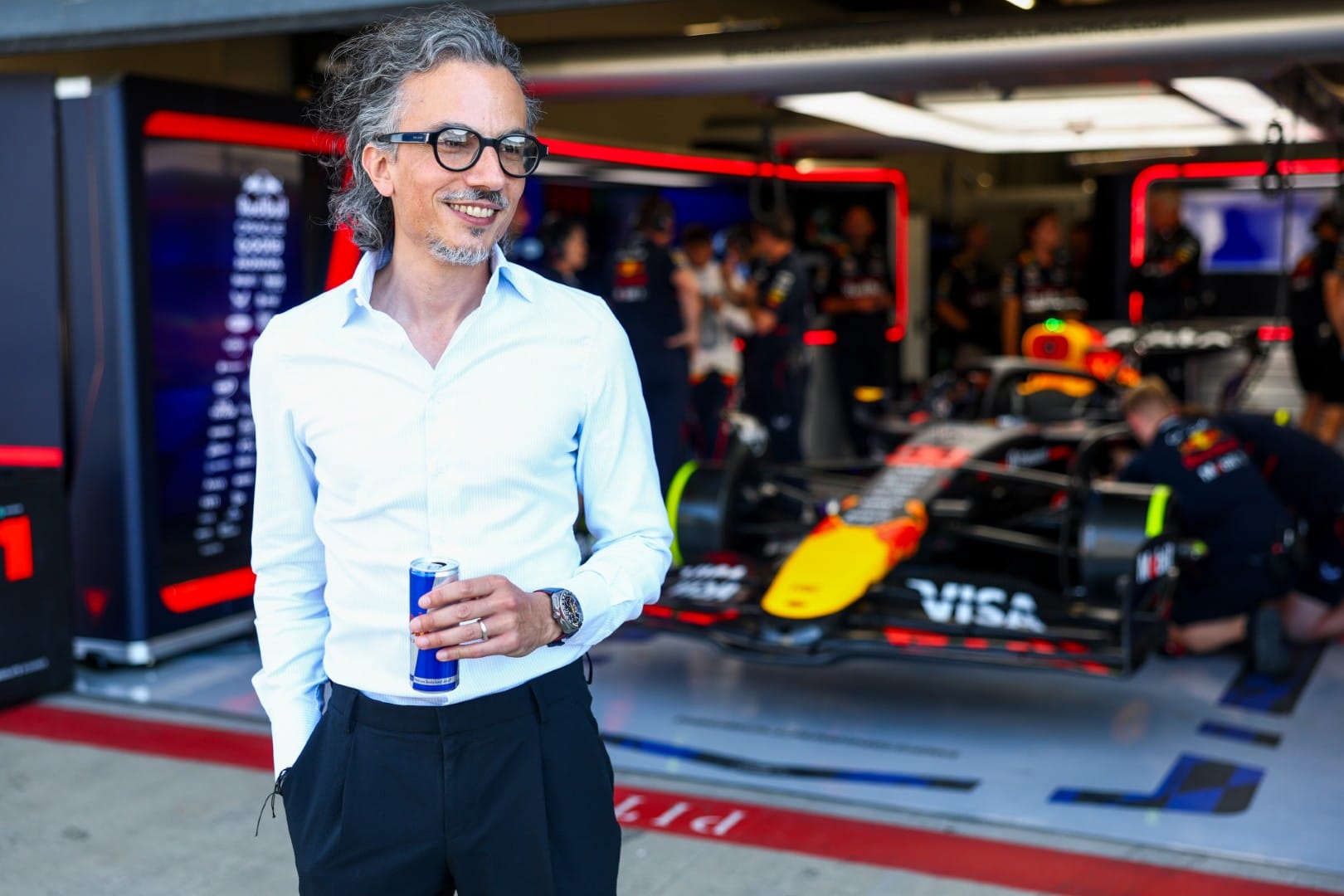
Getting what Red Bull needs to the track rests on whether Mekies is given freedom to get on and do things unpestered; of if he is forced to become part of a completely different operation where he is in a reporting structure and the influence from above is increased.
Mekies himself would be the first to admit he is inheriting a mammoth organisation that has been moulded very much in the way of his predecessor; and it is not going to be easy to simply jump in, understand it all in an instant and move it forwards.
As Horner reflected last year: “When we first started we were two industrial buildings on an estate in Milton Keynes that were both leased from pension funds. We now own 18 buildings and created our own technology campus here.
“We employ 2000 people. And, across the whole group, there is a €1billion of turnover. I mean, it's a big business.”
But is post-Horner Red Bull going to carry on that legacy and build on everything created since that day it took over Jaguar?
Or is there a real risk of it regressing to the errors of its factory’s prior occupants?
The answer to that is now in the hands of the team’s Austrian bosses.


